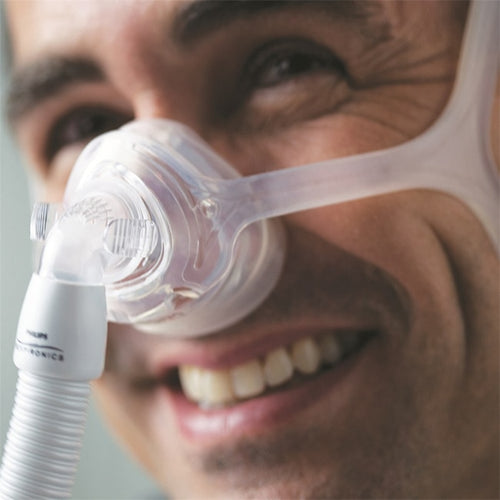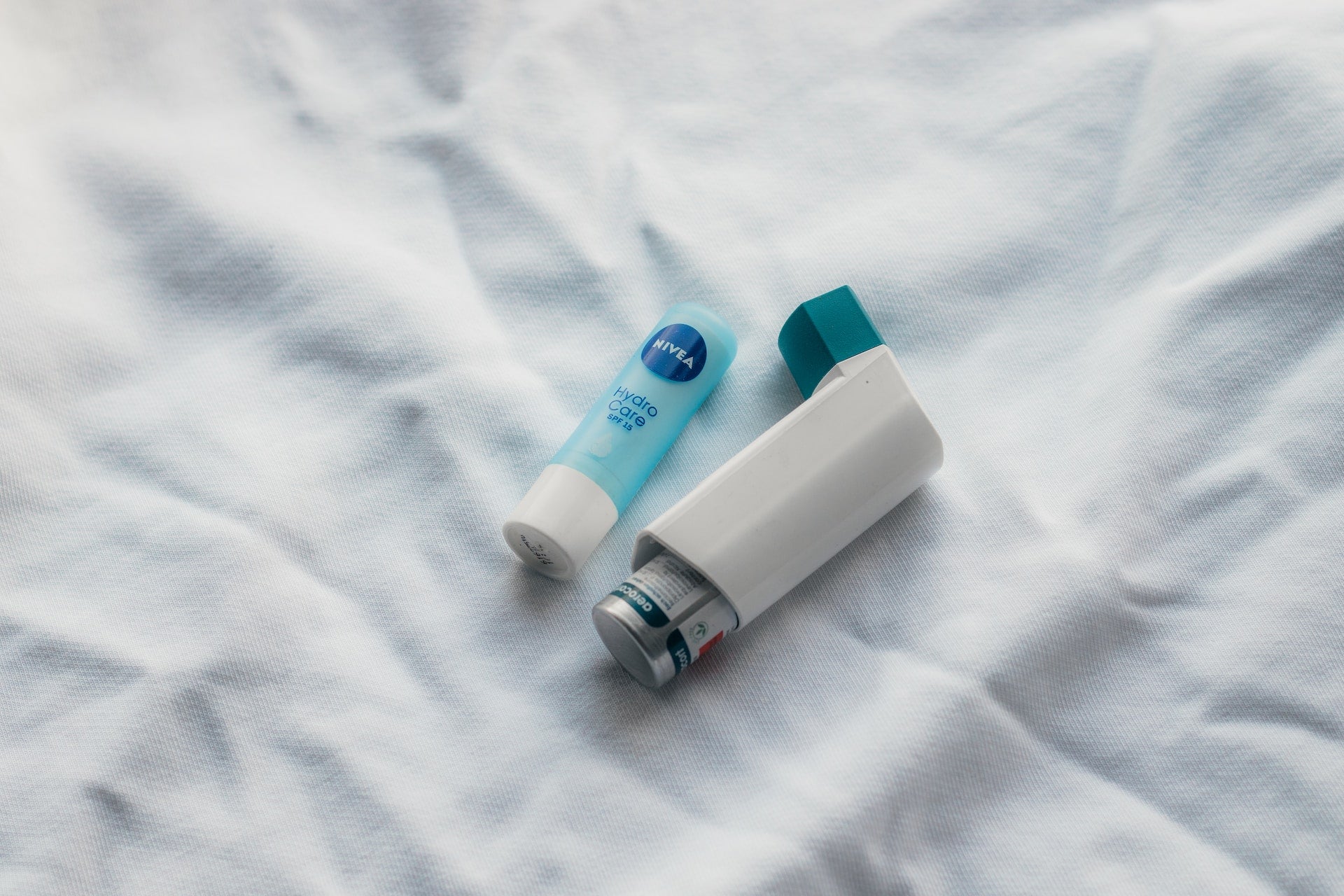For people who have been diagnosed with obstructive sleep apnea, few things are more important than using a CPAP machine to manage their symptoms. With a continuous flow of pressurized air from your CPAP machine, your airways will be less likely to collapse during sleep so you don’t have to deal with sleep interruptions.
But that’s not the only thing it can help with. Research indicates that for people with obstructive sleep apnea and asthma, using a CPAP machine can also help improve asthma symptoms.
While a CPAP machine isn’t a miracle cure that will replace your other asthma treatments, understanding how it can help alleviate your symptoms can make a big difference for your daily quality of life.
Sleep Apnea and Asthma Are Closely Connected

Believe it or not, sleep apnea and asthma are actually connected. Studies have consistently found that if you have asthma, you’re more likely to develop obstructive sleep apnea. In one study, 27 percent of individuals with asthma developed obstructive sleep apnea within four years of when the study began.
There are a few reasons why asthma is believed to increase the risk for sleep apnea. Both disorders share a few notable risk factors, including obesity and smoking. Asthma can also negatively impact your sleep quality and cause inflammation of the airways. Since sleep apnea can also cause inflammation, the two conditions can actually make each other worse if not treated properly.
The inhaled corticosteroids that are sometimes used to treat asthma can also increase sleep apnea risk due to a side effect of causing additional fat accumulation in the upper airways.
Worse still, when sleep apnea isn’t treated, it can cause asthma symptoms to get worse and make medications less effective. This could result in more frequent (and possibly more severe) asthma attacks.
Because of this, if you suffer from asthma and experience symptoms associated with obstructive sleep apnea (such as waking up tired most mornings or snoring loudly), you should schedule a sleep study to determine if you need a CPAP machine.
How CPAP Machines Can Help Asthma Symptoms

While CPAP machines are prescribed to help control obstructive sleep apnea, research has found that using a CPAP machine can also have a positive impact on asthma symptoms.
For example, Healthline reports that using a CPAP machine can “help with asthma by promoting better nighttime sleep, lessening inflammation, reducing reflux episodes [and] improving the function of the lower airways.”
Other research reveals that using a CPAP machine can help reduce the risk for nighttime asthma attacks, and that patients who use CPAP machines also report improved overall quality of life when surveyed about their asthma symptoms.
Of course, this doesn’t mean that using a CPAP machine is going to be enough on its own to improve asthma symptoms. However, for people who also suffer from obstructive sleep apnea, consistently using a CPAP machine should be considered a necessary part of keeping asthma symptoms under control and ensuring that their other treatments will work properly.
One potential issue asthma patients should be aware of is that a CPAP machine could cause additional airway irritation due to continually delivering dry air. A humidifier is a must-have for asthma patients, since it adds moisture to the air delivered by the CPAP machine for more comfortable, irritation-free treatment.
Other Tips to Manage Asthma and Sleep Apnea

In addition to using a CPAP machine as prescribed by a sleep specialist, individuals with both asthma and obstructive sleep apnea can improve their breathing and overall health by focusing on important lifestyle changes.
For example, obesity is a noted risk factor for both sleep apnea and asthma. People who are overweight or obese should work with their doctor to achieve a healthy weight. This could include developing a daily exercise plan that accounts for the severity of your asthma, as well as replacing junk food with a healthier diet rich in fruits and vegetables.
Individuals with asthma should also strictly follow directions for any other prescribed medications related to their symptoms, and stay up to date on vaccinations to avoid respiratory infections. Try to stay indoors on days with high pollen counts or poor air quality.
You should also look at lifestyle changes that can promote better sleep (especially since poor sleep can worsen asthma symptoms). For example, you can improve your sleep environment by keeping your bedroom cool, dark, and quiet. Avoid screen time before bed and ideally, keep screens out of the bedroom. Avoid eating or drinking shortly before bed — especially drinks containing caffeine or alcohol, which can disrupt sleep.
Consult with your doctor for other lifestyle tips for improving your asthma and sleep apnea symptoms. Your doctor can help provide an individualized health plan based on your specific situation and unique needs.
Relieve Your Symptoms With the Right CPAP Machine
When you use your CPAP machine as directed by a sleep specialist, you won’t just enjoy higher-quality sleep with fewer interruptions. If you also have asthma, you can potentially reduce its severity as well. Improving both conditions can dramatically improve your quality of life!
While CPAP machines can be extremely helpful, there is no denying they can also be rather pricy, especially if you don’t have good health insurance. That’s why at Help Medical Supplies, you’ll find high-quality CPAP machines and other supplies at significant discounts off of MSRP. You can potentially save hundreds of dollars on the equipment that will help you breathe better, day and night.

